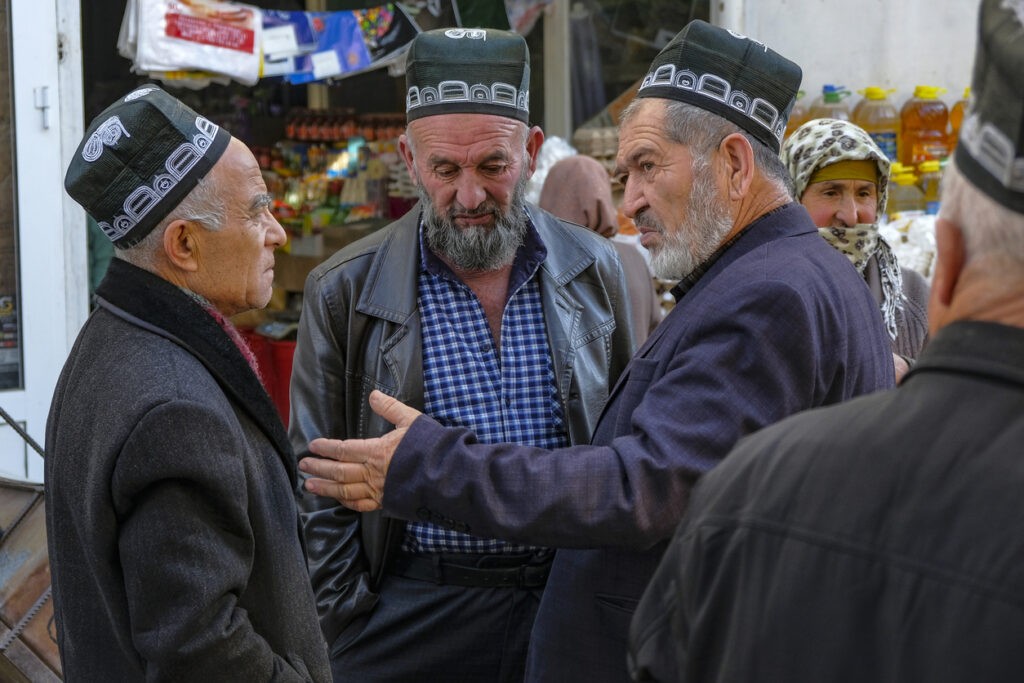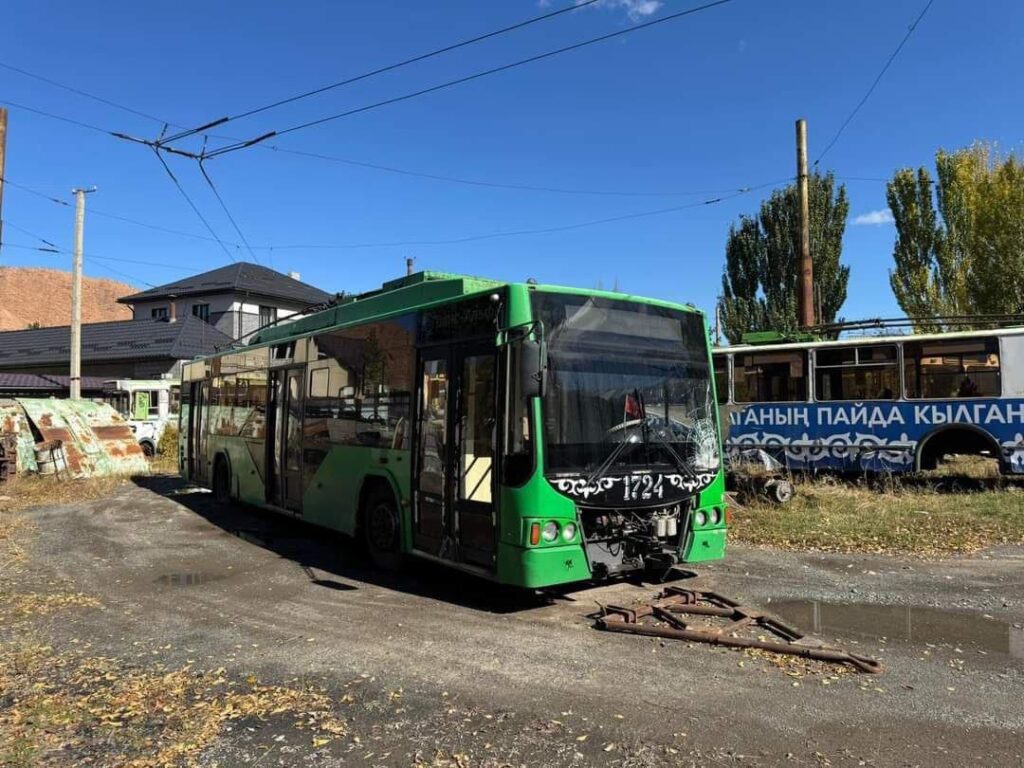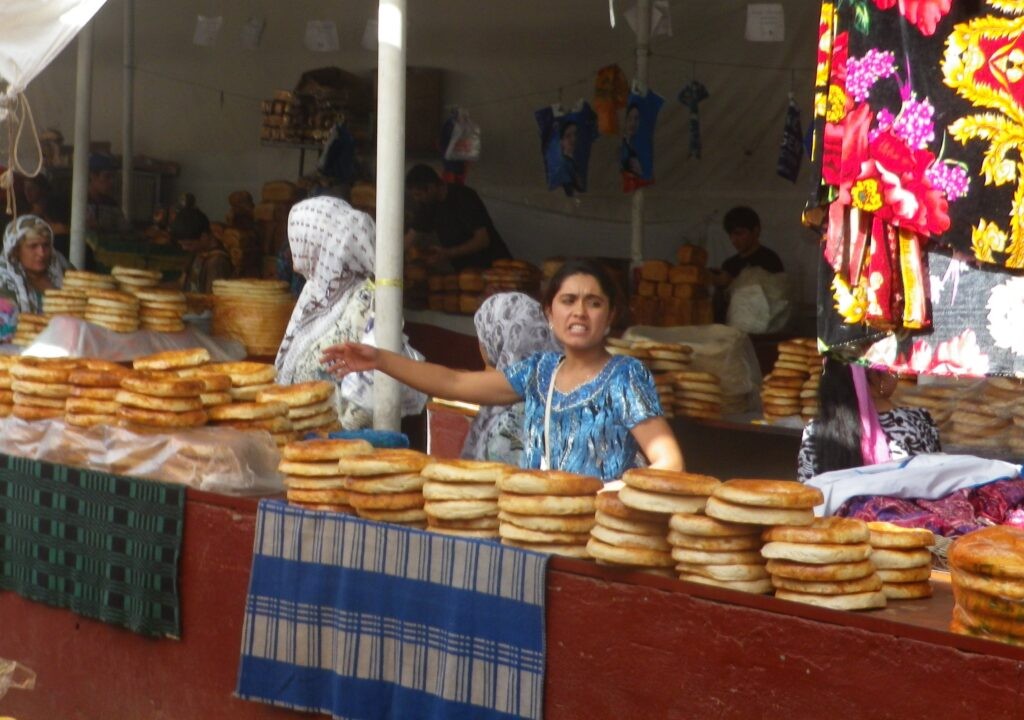DUSHANBE (TCA) — The European Bank for Reconstruction and Development (EBRD) and road safety organisation Eastern Alliance for Safe and Sustainable Transport (EASST) are teaming up with other partners for a road safety project in Tajikistan’s capital Dushanbe where a major international motorway will soon come into operation, the Bank said.
The new motorway forms Somoni Avenue, a busy, built-up area in the country’s capital, which means that both pedestrians and drivers will need to adopt new ways of navigating the potentially dangerous transport interchanges.
The EBRD, along with the capital’s traffic police, is supporting EASST’s initiative to reduce risks for pedestrians and other road users through an awareness campaign. The project is being carried out under the auspices of the global Decade for Action for Road Safety. The Young Generation of Tajikistan, a local NGO active in road safety education and awareness, is also on board.
The initiative will include collaborating with local businesses to promote the safety of their clients and staff; teaching children how to cross roads safely and the importance of being seen on the roads; and working with local residents to raise awareness of safe pedestrian behaviour.
The EBRD is supporting this project as part of a larger motorway investment where it is co-financing, along with the Asian Infrastructure Investment Bank (AIIB), the upgrade of section 1 of the M41 motorway linking Dushanbe with the Uzbek border. The Asian Development Bank (ADB) is providing a grant for a different section of the same motorway, and is also supporting local road safety projects.
The new motorway will be crucial for national and regional connectivity. In providing a direct connection between Tajikistan and Uzbekistan, as well as Afghanistan, Kazakhstan, the Kyrgyz Republic and Turkmenistan, it is one of the most important international roads still requiring urgent reconstruction.









